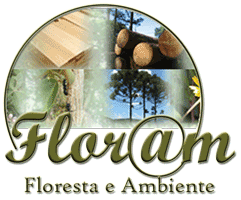ABSTRACT
The objectives of this study were to evaluate substrates produced from the peach-palm agroindustry waste and sewage sludge as a source of nutrients for the production of Brazilian Peppertree seedlings (Schinus terebinthifolius Raddi), and to compare the performance of these substrates under various levels of slow release fertilizer for this species. Four levels of fertilizer were tested (0, 2.0, 4.0 and 6.0 g dm–3) in three types of substrates: BIOCPI = Sewage sludge + Peach-palm bark (1:1 v:v); BIOCPII = Sewage sludge + Peach-palm bark (1:2 v:v) and BIOCPIII = Sewage sludge + Peach-palm bark (1:3 v:v). Plant height, stem diameter, dry matter (shoot and root), height/diameter ratio, Dickson quality index and N, P, K, Ca, Mg, and S contents in the shoot were measured. The use of the substrates BIOCPII and BIOCPIII proved to be viable for the production of Brazilian Peppertree seedlings. Doses above 4.0 gdm–3 of granular fertilizer are recommended for better results.
Keywords:
macronutrients; nurseries; sewage sludge; substrate; Brazilian Peppertree

 Thumbnail
Thumbnail
 Thumbnail
Thumbnail
 Thumbnail
Thumbnail


